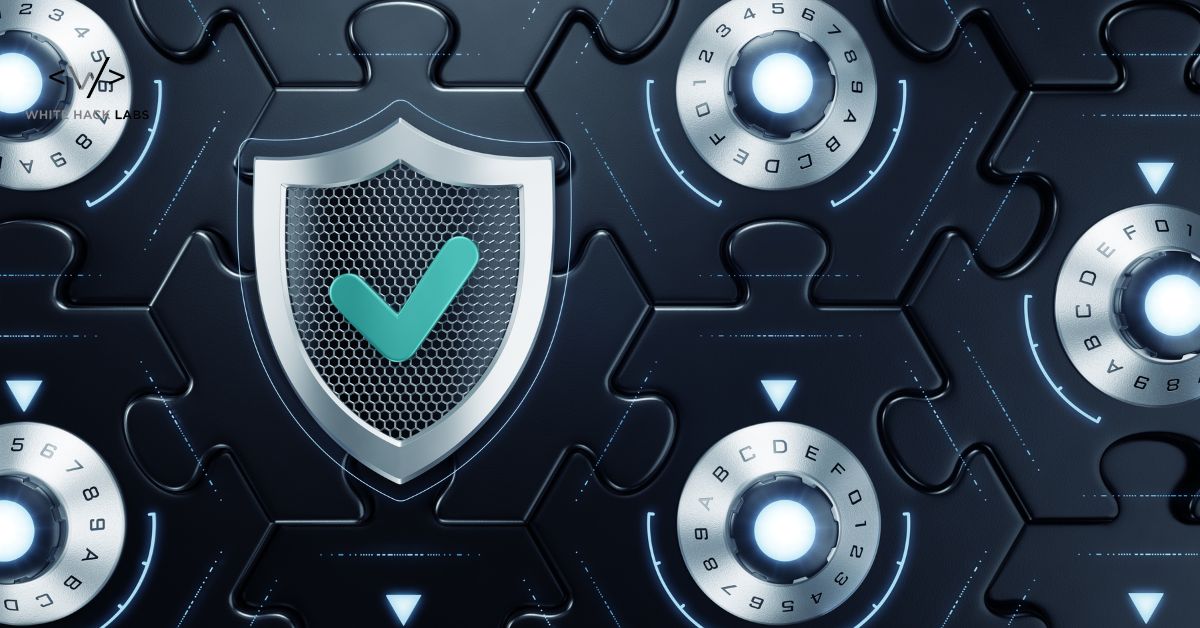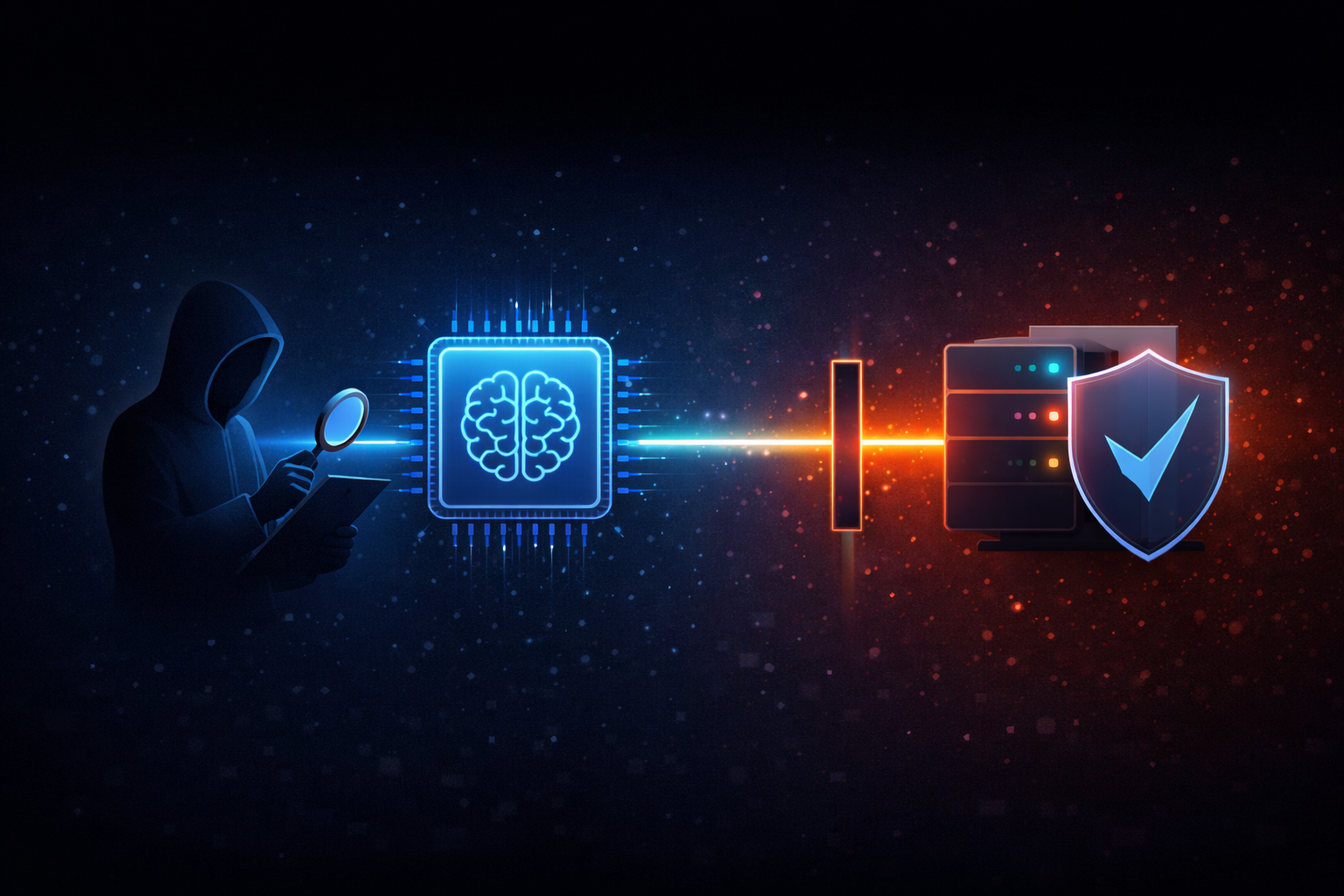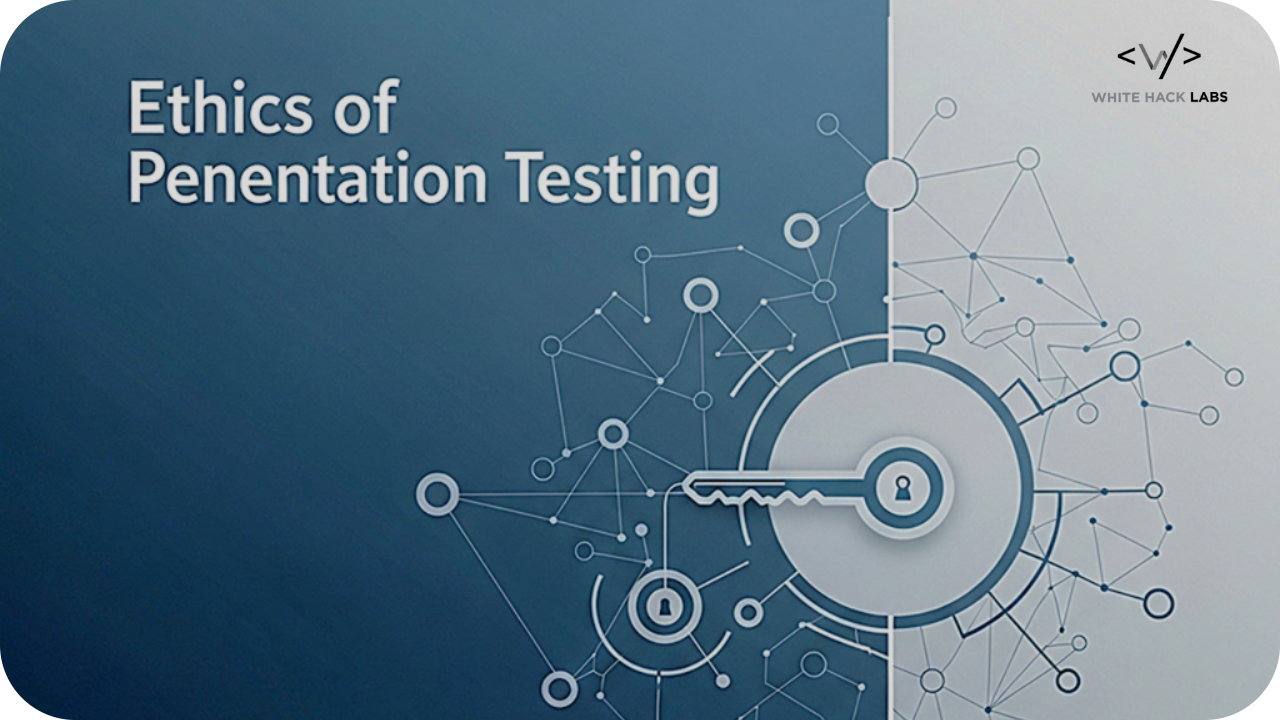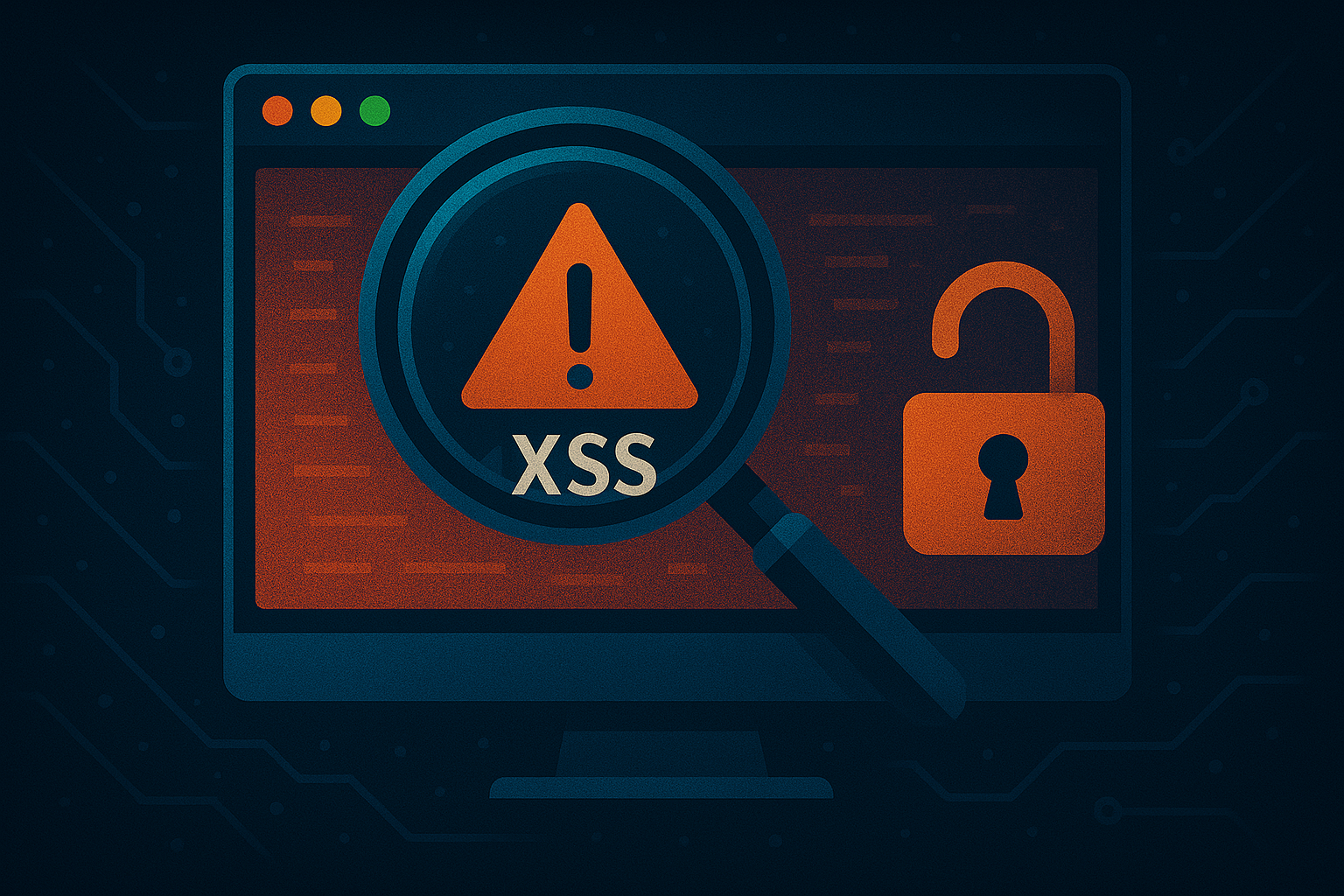
Introduction
In today’s digitally driven world, cybersecurity stands at the crossroads of technological progress and ethical responsibility. Penetration testing—often called “ethical hacking”—plays a vital role in preemptively identifying security gaps. Yet, as with any power, the ability to discover vulnerabilities demands a strong moral grounding. This article delves into the ethical dimensions of penetration testing, examining why transparency, legality, and respect for privacy must guide every assessment.
The Essence of Penetration Testing
Penetration testing is a proactive method used by security professionals to evaluate the defenses of networks, applications, or entire systems. Rather than waiting for malicious actors to strike, organizations enlist ethical hackers to simulate real-world attacks. The objective is clear: pinpoint weaknesses before adversaries do, reinforcing the security posture through immediate remediation. At its core, penetration testing is a blend of investigative rigor and strategic foresight. It ensures that security measures aren’t just theoretical, but able to withstand genuine threats.
The Power and Responsibility
While ethical hacking shares techniques with malicious cyberattacks, the difference lies in intent. Ethical hackers are entrusted with a unique power: the authorized discovery of vulnerabilities. This power comes with an obligation to protect, not exploit.
Informed Consent Before any tests commence, ethical hackers must secure explicit approval from the relevant organization. Such transparency ensures that operations remain both legitimate and bounded, sparing businesses from unintended disruptions.
Scope Definition A clear, predefined scope is paramount. It outlines the precise systems, applications, or networks in question, preventing testers from venturing into unauthorized territory. When scope is well-defined, penetration efforts remain both targeted and aligned with organizational goals.
The Gray Areas: Legal and Regulatory Compliance

Cybersecurity regulations and legal frameworks vary widely across regions. What’s considered ethical in one jurisdiction may conflict with legislation in another. Ethical testers must remain vigilant, navigating this legal tapestry with care. Compliance isn’t just about avoiding legal repercussions; it’s about upholding integrity and trust. Being fully aware of national and international laws surrounding cybersecurity safeguards testers and the organizations they serve.
The Human Element: Privacy and Confidentiality
Penetration testing extends beyond servers and code into the realm of personal information. Ethical hackers often encounter sensitive data, raising questions about how to protect the privacy of users and employees:
Privacy Safeguards Even small missteps in data handling can violate individual rights. Ethical hackers must collect and analyze only what’s necessary for testing, never infringing on privacy more than required.
Confidentiality Commitments Findings from a penetration test can include details that, if leaked, pose significant risks. Ethical hackers adhere to strict confidentiality agreements, ensuring that discovered vulnerabilities or sensitive data do not fall into the wrong hands.
Continuous Learning and Professionalism
Ethical hacking is not a static field. As technology evolves, so do the threats that exploit it. Ethical hackers are perpetual students, refining their techniques and staying informed about emerging risks. Professionalism underpins this journey, from maintaining industry certifications to collaborating responsibly with peers.
Laws and Regulations Monitoring and adapting to evolving legal mandates ensures testing remains lawful. This diligence demonstrates commitment to ethical standards in every engagement.
Responsible Disclosure Once vulnerabilities are identified, the question of disclosure arises. Striking a balance between promptly alerting impacted parties and providing them sufficient time to address flaws is crucial. By handling discoveries responsibly, ethical hackers prevent premature public disclosure that could aid malicious actors.
The Grey Hat Conundrum
Not all hackers fit neatly into “ethical” or “malicious” categories. Gray hat hackers occupy a liminal space: their intentions may not be entirely malicious, but they operate without clear authorization. Their discoveries may benefit security in the long run, yet the absence of consent or proper disclosure can yield harm or legal complications. Ultimately, the blurred ethics of gray hat activities highlight the importance of well-established guidelines that separate responsible research from precarious intrusion.
The Crucial Role of Organizations

While ethical hackers shoulder much responsibility, organizations equally shape the morality of cybersecurity. A culture that values transparency, invests in rigorous security measures, and recognizes the work of ethical hackers paves the way for productive, trust-based collaborations.
Investment in Security Culture Ongoing training, awareness programs, and readiness drills promote a collective sense of responsibility for digital assets.
Collaboration with Ethical Hackers By forming lasting partnerships with ethical researchers, companies foster a proactive approach to security—fixing weaknesses before threats escalate.
The Future of Ethical Hacking Ethics
Technology advances with unprecedented speed, from machine learning to artificial intelligence, bringing new dimensions to both threats and safeguards. Maintaining ethical clarity means adapting to these shifts:
Ethics in Emerging Technologies AI and machine learning offer tremendous security potential but also pose novel ethical dilemmas. Proper safeguards ensure these tools enhance security rather than undermine it.
Global Standardization Cyber threats cross borders. Unified ethical frameworks and cooperation among international stakeholders can create a cohesive, globally consistent approach.
In Conclusion: Navigating the Ethical Abyss
The ethics of penetration testing reflect the dualities at the heart of cybersecurity itself—power wielded for protection, knowledge revealed for the greater good. Ethical hackers, guided by clear scopes, robust consent, and unwavering integrity, embody the best hopes for a secure digital future. Organizations that embrace a security-first culture enhance this mission by valuing transparency and acknowledging the indispensable role of penetration testing. Although legal complexities and human factors complicate the path, the collective commitment to principled conduct ensures that ethical hacking remains a force for safeguarding our interconnected world.



